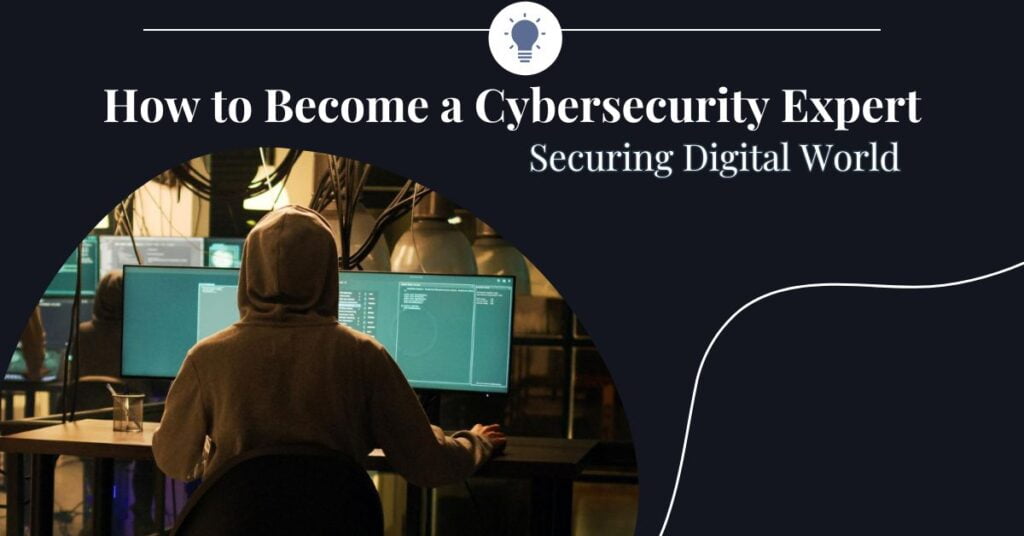In the digital age, the role of a Cybersecurity Expert is more important than ever. As guardians of information, they protect our data from threats and cyber-attacks. But how does one become a cybersecurity expert? This article will guide you through the steps and provide insights into the Cybersecurity career path.
The Landscape of Cyber Security
Cybersecurity, a cornerstone of the tech industry, is a domain that promises immense growth and opportunities. A report by CyberSecurity Ventures predicts a global shortage of 3.5 million skilled professionals in this field by 2025. This indicates a high demand for cybersecurity professionals, greatly exceeding the current supply.
Moreover, if we were to measure the financial impact of cybercrime, it would be the third largest GDP, falling behind only the US and China. This underscores the vast scope of opportunities within this domain.
The Essence of Cyber Security
At its core, cybersecurity is about safeguarding our digital assets. These assets could be an app, a website, a server, or any hardware connected to the internet. While achieving 100% security is an elusive goal, the primary responsibility of cybersecurity professionals is to maximize security measures.
Professionals in this field are tasked with identifying system vulnerabilities and loopholes and devising strategies to fix them. They advise companies on how to protect their data and systems, ensuring the security of their digital assets.
Role of a Cybersecurity Expert
Before starting this journey, it’s essential to understand what a cybersecurity expert does:
- Threat Assessment: Identifying potential threats and vulnerabilities in the system.
- Implementing Security Measures: Establishing protocols to protect information and network infrastructure.
- Incident Response: Responding to and managing security breaches or attacks.
Steps to Become a Cybersecurity Expert
1. Bachelor’s Degree
Most cybersecurity experts start with a bachelor’s degree in computer science, information technology, or cybersecurity. These programs provide a strong foundation in:
- Computer programming
- Network design
- Information assurance
- Cybersecurity principles
2. Master’s Degree (Optional)
A master’s degree in cybersecurity can provide more specialized knowledge and can be beneficial for more advanced positions.
3. Gaining Relevant Experience
Practical experience is essential in the cybersecurity field. Internships, part-time jobs, or even volunteering can provide valuable experience.
4. Certifications
Certifications validate your skills and knowledge in the cybersecurity field. Some of the most recognized ones include:
- Certified Information Systems Security Professional (CISSP)
- Certified Ethical Hacker (CEH)
- CompTIA Security+
CyberSecurity Expert Salary
According to the U.S. Bureau of Labor Statistics, the median annual pay for a cybersecurity expert in 2022 was $112,000 and an hourly rate of $53.85 per hour.
U.S. Bureau of Labor Statistics
Conclusion
In conclusion, the demand for skilled cybersecurity professionals is at an all-time high. You can unlock a rewarding career in this field by continuously learning, developing your skills, and building a network. As a cybersecurity expert, you’re not only protecting data but also securing the digital world.
FAQ’S
Cybersecurity experts need a mix of technical skills (like understanding of operating systems, knowledge of programming languages, and familiarity with networking) and soft skills (like problem-solving, communication, and ethical judgment).
The timeline can vary depending on the individual’s dedication, but typically, after obtaining a bachelor’s degree, gaining a few years of experience, and earning relevant certifications, one can become a cybersecurity expert.
With the increasing dependence on digital platforms, the demand for cybersecurity experts is also growing. It is a lucrative and intellectually rewarding career.



